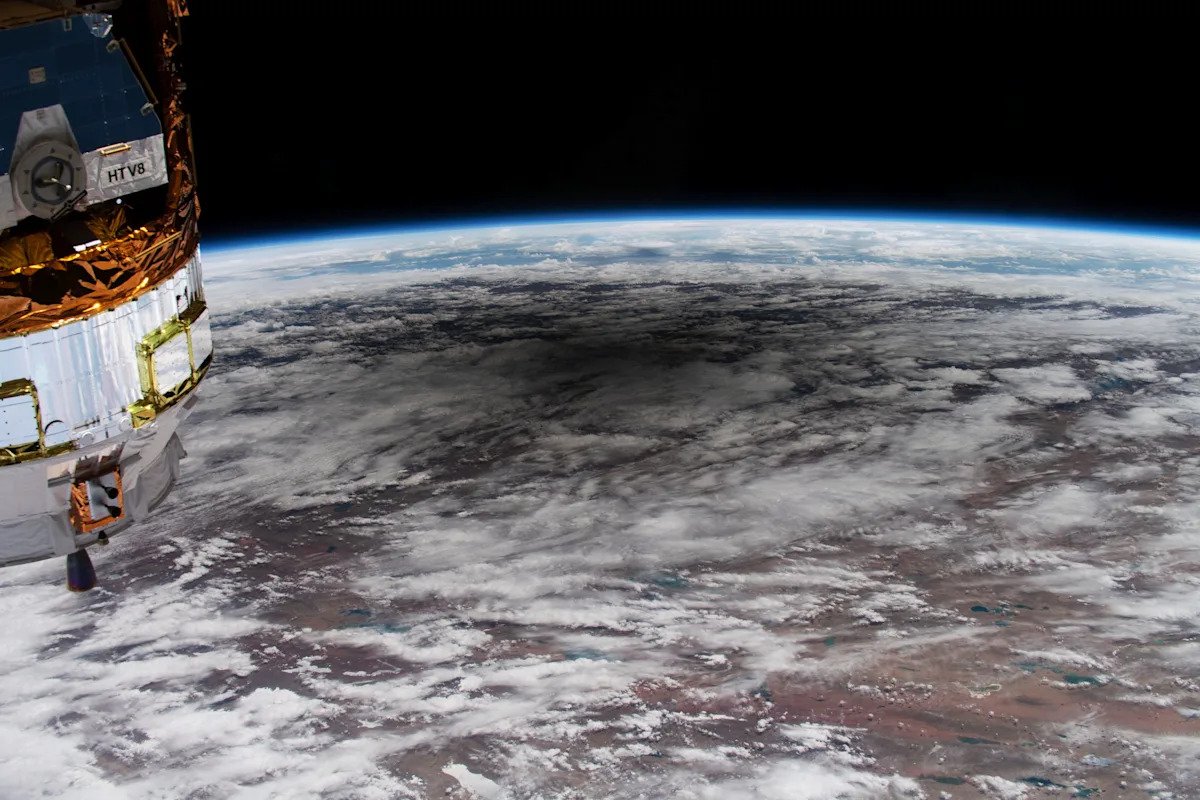Breaking News
Why could Aug. 5 be shorter than 24 hours?

If you seem not to be able to get through the to-do list on Aug. 5, you’ll at least have an excuse.
Tuesday is predicted to be one of the shortest days in the year, marking the latest time the Earth could see a day shortened by more than a millisecond.
Scientists predict that Aug. 5 will be 1.34 milliseconds shorter, according to the International Earth Rotation and Reference System Service and the U.S. Naval Observatory, published by TimeandDate.
The millisecond mark has been broken a handful of times this year, with the most recent being July 11, according to the data published by TimeandDate.
The predictions do not always come to pass, as July 22 had been predicted to be over a millisecond short, but the data revealed that only 0.87 milliseconds were shaved off, according to the Observatory’s data.

The moon’s shadow passes over China during an annular eclipse, as seen from the International Space Station (ISS), June 21, 2020.
Earth takes 24 hours to complete a full rotation in a standard day, equal to exactly 86,400 seconds.
Until 2020, the shortest day ever recorded by atomic clocks was 1.05 milliseconds short, meaning that Earth completed one daily rotation in 1.05 milliseconds less than the expected 86,400 seconds.
“Since then, however, Earth has managed to shatter this old record every year by around half a millisecond,” astrophysicist Graham Jones wrote for TimeAndDate.
The shortest day recorded so far occurred July 5, 2024, when it came in 1.66 milliseconds short. The shortest day recorded this year was July 10, which came in 1.37 milliseconds short.
Why is this happening?
The Earth’s rotation is influenced by the core and the atmosphere, according to Scientific American.
The science magazine says that the core’s spin has been slowing, though for unknown reasons, meaning that the rest of the planet must speed up to compensate.
“The core is what changes how fast the Earth rotates on periods of 10 years to hundreds of years,” Duncan Agnew, a geophysicist at the Scripps Institution of Oceanography, told the magazine. “The core has been slowing down for the last 50 years, and as a result, the Earth has been speeding up.”
Atmospheric forces cause the rotation rate of the Earth to speed up in the summer of the Northern Hemisphere, according to Scientific American. Forces caused by the moon also affect the rate the Earth spins.
The magazine notes that on the geologic timescale, the Earth has been slowing, with the rotation taking half an hour less 70 million years ago.
Will the sped-up day be noticeable?
Of course, you’re unlikely to notice such a minuscule difference in your standard 24-hour day.
But scientists who track and operate atomic clocks may be facing a bit of a predicament.
First introduced in the 1950s, atomic clocks replaced how scientists previously measured the length of a day by tracking the Earth’s rotation and the position of the sun. The clocks are also capable of measuring in billionths of a second, or nanoseconds, which are synchronized globally to Coordinated Universal Time (UTC).
If the clocks are thrown off even a tiny amount, it could also throw off computers, servers, GPS signals, and other networks that rely on accurate times, David Gozzard, an experimental physicist at the University of Western Australia, told the Guardian.
This article originally appeared on USA TODAY: Aug. 5 might be a short day, see how much time could be trimmed off
